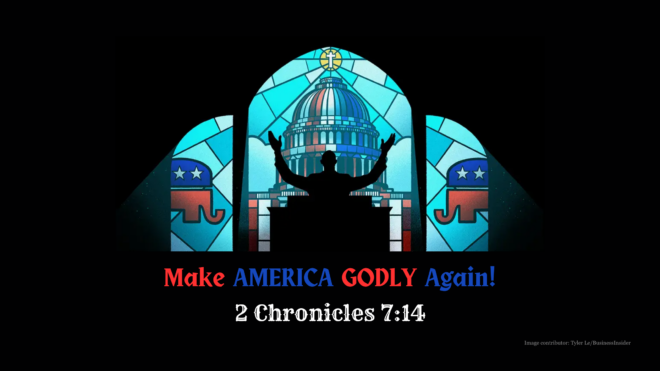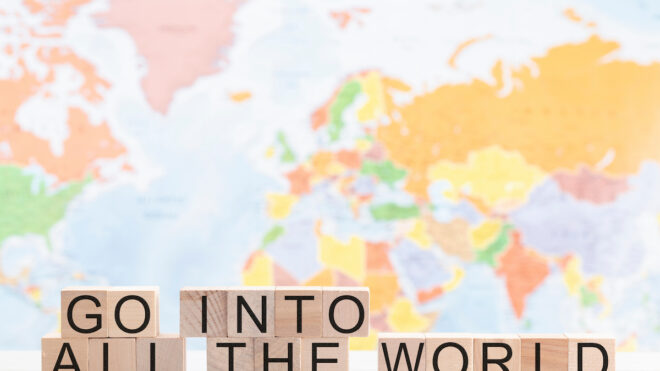In recent years one would get the impression that both poetry and classical music have declined in popularity except in rather esoteric “hip” circles; at least the newer kinds of poetry and classical music being written are not, for the most part, popular among the masses. But is that really their fate? Or did they really go to a very different place?
My father told me that in his youth, the early 20th century, newspapers often carried popular poetry of the sort written by Edgar Guest and James Whitcomb Riley on the front page. In my youth we didn’t have that, but there was “comic verse” by such as Ogden Nash and Richard Armour that could frequently be found on the back pages of newspapers. What happened?
Technology happened, I think. Poetry originally was an oral companion of music. The Psalms were sung, though we have no idea what tunes like “Do Not Destroy” or “Lilies of the Covenant” might have sounded like. Eventually we did have a way of writing tunes, but it was always a bit more esoteric than writing speech. So as we developed more literate cultures, people began to write poetry without a defined musical tune. By the beginning of the Christian era we have Virgilian epics and Chinese poems with no real recorded tunes. It was easier to copy and transmit them this way. In recent years we have had recording technology. By the mid twentieth century, in order to hear a certain piece of music with or without lyrics, no longer did you have to wait until the folks down at the concert hall scheduled themselves to play it, which happened once every solar eclipse; or learn to play it yourself, which ladies in the time of Jane Austen usually learned to do. No, you could go out and buy it; first on 78 vinyl, then on 331/3 or 45 vinyl, then 8 tracks, then cassettes, then CDs, then iTunes. The effect of easy accessibility to music, I think, was to reunite music and popular poetry, and make song lyrics the continuation of popular poetry. A few people know who Ted Kooser is, for example, but few don’t know who Bob Dylan is. Poetry has been reunited with music, from which it came.
But what about new classical, or serious, or whatever you want to call it, music, which concert halls perform? Did that get more and more esoteric? The last really popular “classical” pieces, it would seem, were Maurice Ravel’s “Bolero” and Richard Addinsell’s “Warsaw Concerto.” If I may mention my youth again, my parents enjoyed playing on the hi-fi [it wasn’t a “stereo” then] the light orchestral works of one Leroy Anderson. I have a two CD box of his, and does it bring back memories! But the only piece on it that would be familiar to younger people today is “Sleigh Ride,” and that has been preserved because of its Christmas connections.
Once again, technology happened. In the 19th century we were starting to get “program music”, music with a plot, so to speak. Paul Dukas’s “Sorcerer’s Apprentice” was written as an instrumental version of a Goethe poem, for example, and about 1940 was popularized by a music video made by Walt Disney. [I will point out that it may have been Generation X that popularized the live action music video, but in the world of animation, the music video goes back to the very beginning of animation in the early 20th century! Props – “kudos” if you’re in an older generation – to my son David for teaching me this.] Grieg wrote his “Peer Gynt” suites as a soundtrack to an Ibsen play, this before film! And so when film did come along, the visual and the musical could be reunited. I will argue that, like it or not, those who carry on the classical music tradition on the popular level are the likes of Dmitri Tiomkin, Ernest Gold, Ennio Morricone, and John Williams. Even Philip Glass, for example, I had no interest in till his music was used in The Truman Show, one of my favorite and most meaningful films.
So I must conclude that, if you’re worried that either poetry or classical music is getting more esoteric and that people are losing interest in these kinds of high culture, you’ve been looking in the wrong place!



